Watchful webcams designed to prevent cheating raise concerns about privacy
Students and teachers believe distance learning models make it easier for students to get away with cheating. Many teachers have had to get creative to encourage academic honesty in the classroom.
Photo By Emma Hutchinson
LockDown Browser is just one example of software teachers can use to prevent cheating on assessments. It restricts students from being able to access any other online windows or materials on their computer while the assessment is open.
In virtual classrooms with students scattered in bedrooms, kitchens, and living rooms miles apart, teachers are unable to stroll up and down the aisles between desks as students demonstrate their knowledge of the most recent unit on the day’s test. This greatly decreases educators’ abilities to monitor assessments for breaches of academic integrity.
Senior Ryan Cervinka says that the model for distance learning creates an environment in which students have a greater ability to cheat and not get caught.
“Distance learning modes have made it much easier to cheat, while also making it much harder for teachers to stop,” Cervinka said. “I’d think it is fair to say that it has increased the amount of academic dishonesty that has occurred this year.”
Math teacher John Baker echoes these concerns, saying that virtual learning creates challenging circumstances for teachers to navigate when assessing student knowledge in their classes.
“There’s no doubt about it, academic dishonesty is much easier to discourage and prevent when students are physically in the classroom,” Baker said.
Because of the challenges for teachers to directly monitor students during tests, some have turned to webcams to replace their own watchful eyes.
Online proctoring companies like Proctorio, Honorlock, and ProctorU are designed to monitor students taking exams remotely and detect cheating through human proctors or smart software. Through video and audio recording, screen and web browser monitoring and facial detection software, these companies claim to increase academic integrity through recreating the security of an in-person classroom exam.
Online proctoring has possible advantages of deterring cheaters but also raises concerns about privacy for many students and teachers who are wary of allowing third-party software companies to monitor them and their computer activity over concerns of privacy and data collection. Questions have also been raised about the accuracy of mechanical proctors, saying that wandering eyes, movement, or background noise aren’t necessarily accurate indicators of cheating and instead take advantage of students without access to a perfectly quiet, non-distracting testing environment.
Sophomore Maelyn Hutchinson says that none of her teachers use remote proctoring services, but she believes that they could present a multitude of problems for students in various situations.
“I feel like it’s an invasion of privacy and wouldn’t be accurate at preventing cheating because in some ways, everyone takes tests differently so I don’t think tracking something like eye movement would prevent cheating accurately,” Hutchinson said. “We’re living in a time when there’s disruptions during class no matter what so background noise could unfairly disadvantage students; I think there’s better ways to prevent it.”
Because of concerns for student safety and wrongly flagged cheating information brought up at universities across the country, many teachers at the high school level have opted not to use online proctoring software and rather to adjust their assessment styles to discourage cheating.
Science teacher Gina Costello says that she chooses not to use online monitoring in her classes because for assessments, eventually students will be punished naturally if they don’t truly know the information, and on worksheets she can tell people are cheating when the same wrong answer from the internet comes up multiple times. She says her grading system helps to prevent cheating as well.
“I grade on a curve, therefore hoping that those students who have high grades won’t share what’s going to be on the test with other students,” Costello said. “I give the students study guides so that they know what’s going to be on the test and I tell students to tell their friends that all they need to do is study the study guide and I hope it takes the pressure off everyone.”
Outside of a normal learning environment, some students have a harder time learning, and with the addition of internet and technology problems, other siblings at home, and less time spent with face-to-face instruction, online learning can add an entirely new and extra level or stress for students. Students who are afraid of failing or feel less confident about knowing the material may be tempted to cheat in hopes of getting a higher grade because of it.
“I heard someone say ‘you only lose your integrity once’ and I believe that is true in every aspect of life,” Costello says to anyone feeling pressured to cheat to save a grade. “I feel like people who have integrity hang out with other people who have integrity and people without integrity I worry will seep into other parts of their lives.”
Baker says that despite the temptation of a higher test score, it is in everyone’s best interest to learn the material thoroughly and understand it rather than cheat on a test just for a score. Especially in subjects like math, Baker says that cheating in one course isn’t worth failing the next one, or one GPA increase is not worth the crash that could come later.
“If one cheats to earn A’s, the pressure is on to keep those A’s and maintain the façade of being something they are not,” Baker said. “This could easily lead to a variety of mental health issues and/or a significant crash and burn.”


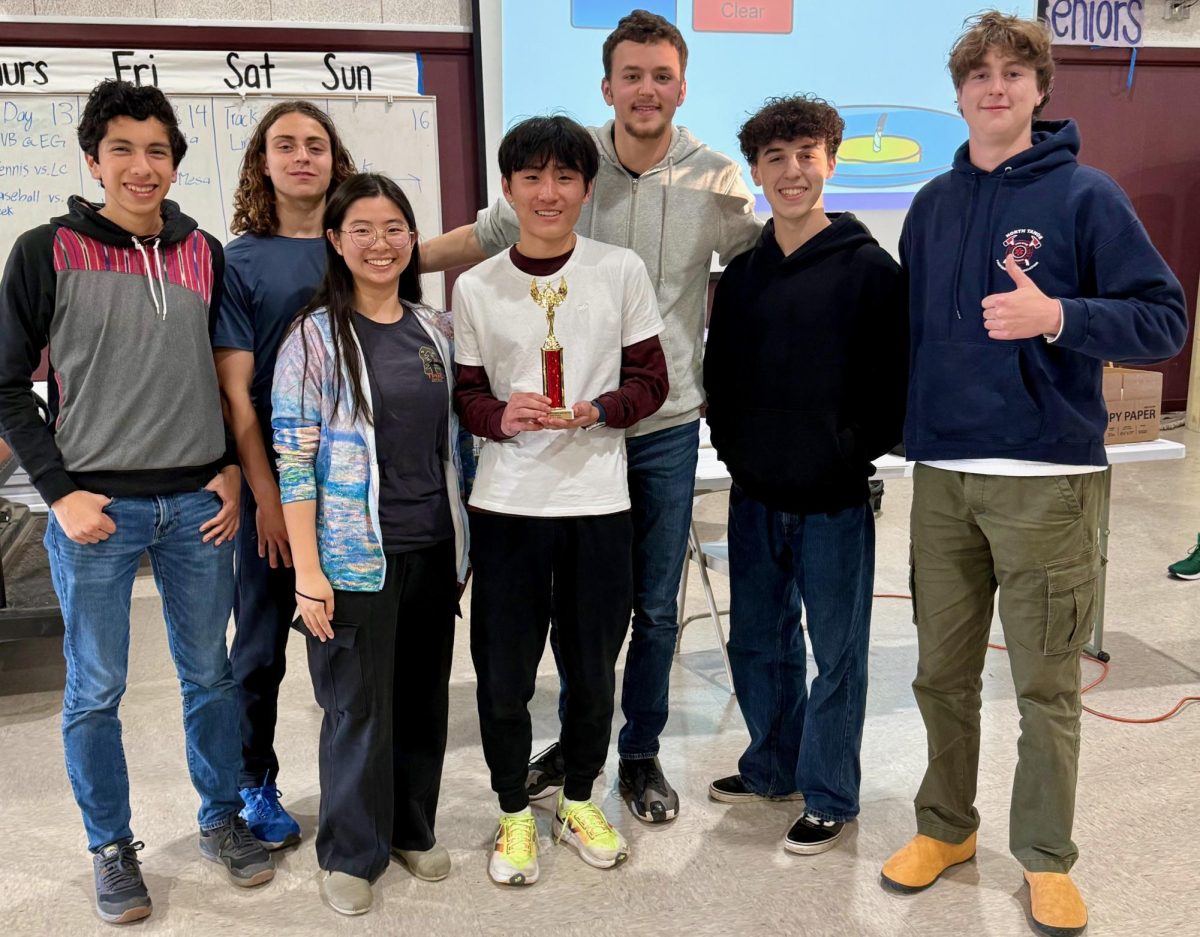



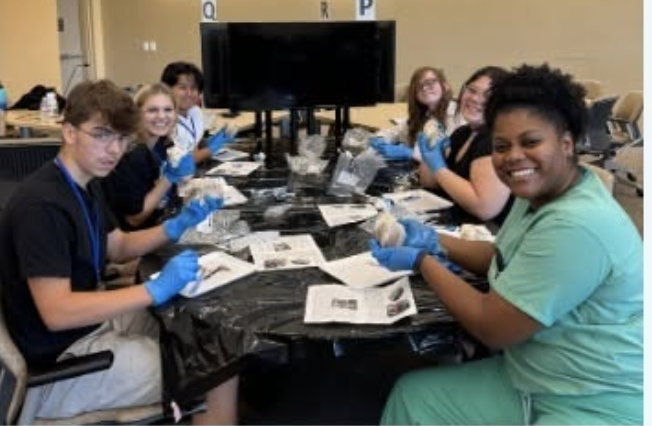











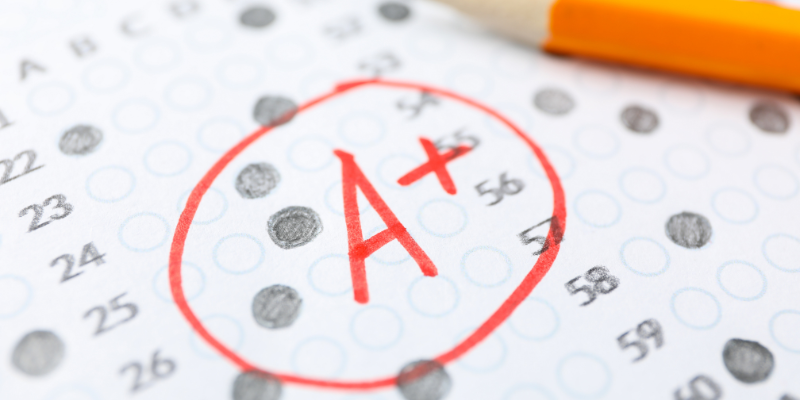















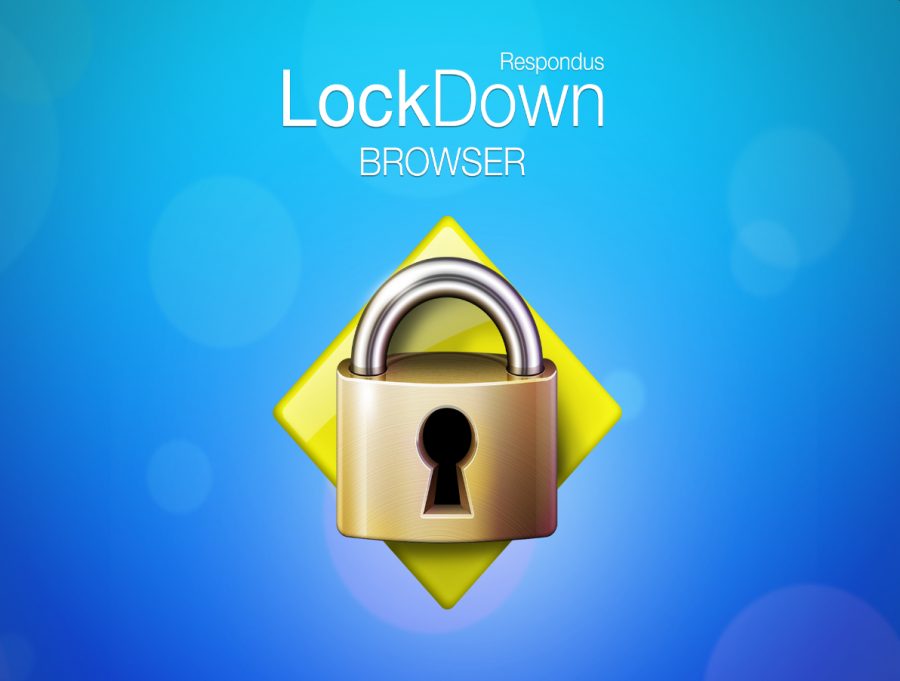


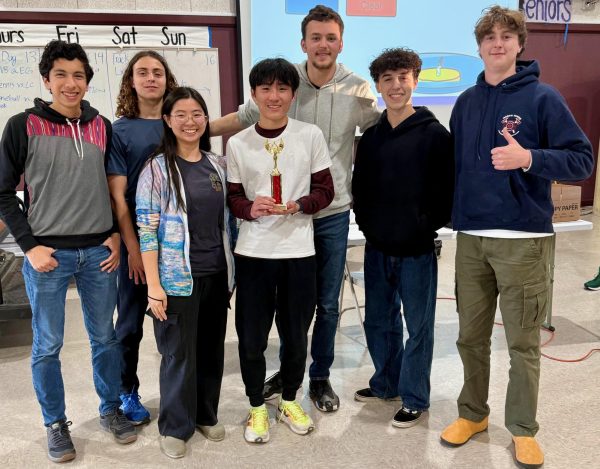



Tom Nelson • Feb 1, 2021 at 2:43 PM
Good article.
I especially liked the point about how grading on a curve can discourage students from sharing test questions with others.
My opinion is that grading on a curve is a more realistic representation of life’s challenges.
Real life challenges are frequently based upon competition and ranking.
In Olympic sports, they give only 1 gold medal, 1 silver medal and 1 bronze medal.
They don’t give gold medals to everyone who scored above a set number of points.
An employer or college only has so many openings.
They will hire or admit only those who are top ranked.
They do not have the resources or ability to hire or admit everyone who exceeded an arbitary score.